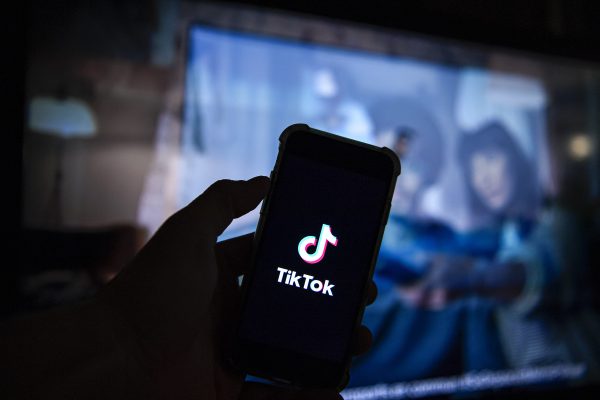It’s the latest battle in the Splinternet War which threatens to torpedo the dream of a global Internet. China has built its Great Firewall and its telecom leader Huawei wants to control underwater sea cables. Russia is imposing censorship at home and launching cyberattacks abroad.
The new US International Cyberspace and Digital Policy Strategy aims to counter these authoritarian dangers — and to reinforce ties with democratic allies. It targets China and Russia — and a potential danger coming from Europe — a digital “sovereignty” agenda that would allow telecom companies to extract a so-called “fair share” from data-hungry US streaming and cloud companies. These are the right priorities — but the Biden Administration must avoid building its digital walls.
China is the main target of the new US strategy. “The US wants to make sure allies do not rely on Chinese-built undersea cables, data storage, or cloud computing,” Secretary of State Anthony Blinken said in a speech launching the new US strategy. “It’s critical we work with trusted vendors and exclude untrustworthy ones from the ecosystem.”
Russia is seen less as an economic rival than as a cyber threat. It attacked Ukraine with tanks and planes — and with bits and bytes. In interviews, Nate Fick, the State Department’s first Ambassador-at-Large for Cyberspace and Digital Policy cited the case of Costa Rica which suffered a devastating ransomware attack by Russian-speaking hackers in 2022. The US gave $25 million to help Costa Rica recover from the hack — and the country followed US advice in rejecting the use of Chinese technology in its 5G mobile networks.
While focusing on China and Russia, the new US cyberstrategy also criticizes several pillars of Europe’s digital sovereignty plan. It takes a stand “against data localization, network usage fees, digital services taxes as well as other market access barriers that contribute to the perception of increased control, but in reality, often can undermine growth and security objectives.”
This is new. When Europe unleashed a tsunami of digital regulation targeting Silicon Valley, the Biden Administration remained largely silent. But European telecom operators are once again knocking on the doors of governments seeking relief from Big Tech for the costs of building and operating their networks. This is a dangerous idea. It would turn upside down the key Internet principle of net neutrality, that everybody is treated equally on the Net. Streaming and apps drive customer demand for telecom services.
Worse, if Europe forces US tech to pay telco fees, the policy might continue to spread globally. It has already invaded Brazil, with the national telecoms regulator initiating a second consultation on fair share. The fair share concept could soon reappear on the UN’s International Telecommunication Union agenda as a way to facilitate revenue transfers to the developing world. A World Telecommunications Development Conference is scheduled for 2025.
After Europe’s telecom companies floated the fair share idea many European governments and stakeholders came out in opposition. Europe’s telecommunications regulators, BEREC, expressed skepticism. But France’s European Commissioner Thierry Breton has adopted it as a rallying cry. Fair share now has popped back up under a different name in a recent Commission telecom White Paper.
While the US raised concerns regarding fair share last year in a consultation on investment in European digital communications networks, Washington is now speaking up clearly and proactively in public. That’s significant. But the US must be consistent. Even as Secretary of State Blinken promotes the free, open Internet, US Trade Representative Katherine Tai dropped longstanding American digital trade demands for the free flow of data in World Trade Organization talks.
The US must choose. It cannot promote data localization — and at the same time crusade for a democratic, open, and safe Internet. The two positions contradict each other. Fair share is a bad idea. So is data localization.
Fiona M. Alexander is a Senior Fellow for the Digital Innovation Initiative at CEPA. She is both a Distinguished Policy Strategist in Residence at the School of International Service and a Distinguished Fellow at the Internet Governance Lab at the American University in Washington. She is a former Department of Commerce official, specializing in technology policy.
Bandwidth is CEPA’s online journal dedicated to advancing transatlantic cooperation on tech policy. All opinions are those of the author and do not necessarily represent the position or views of the institutions they represent or the Center for European Policy Analysis.





